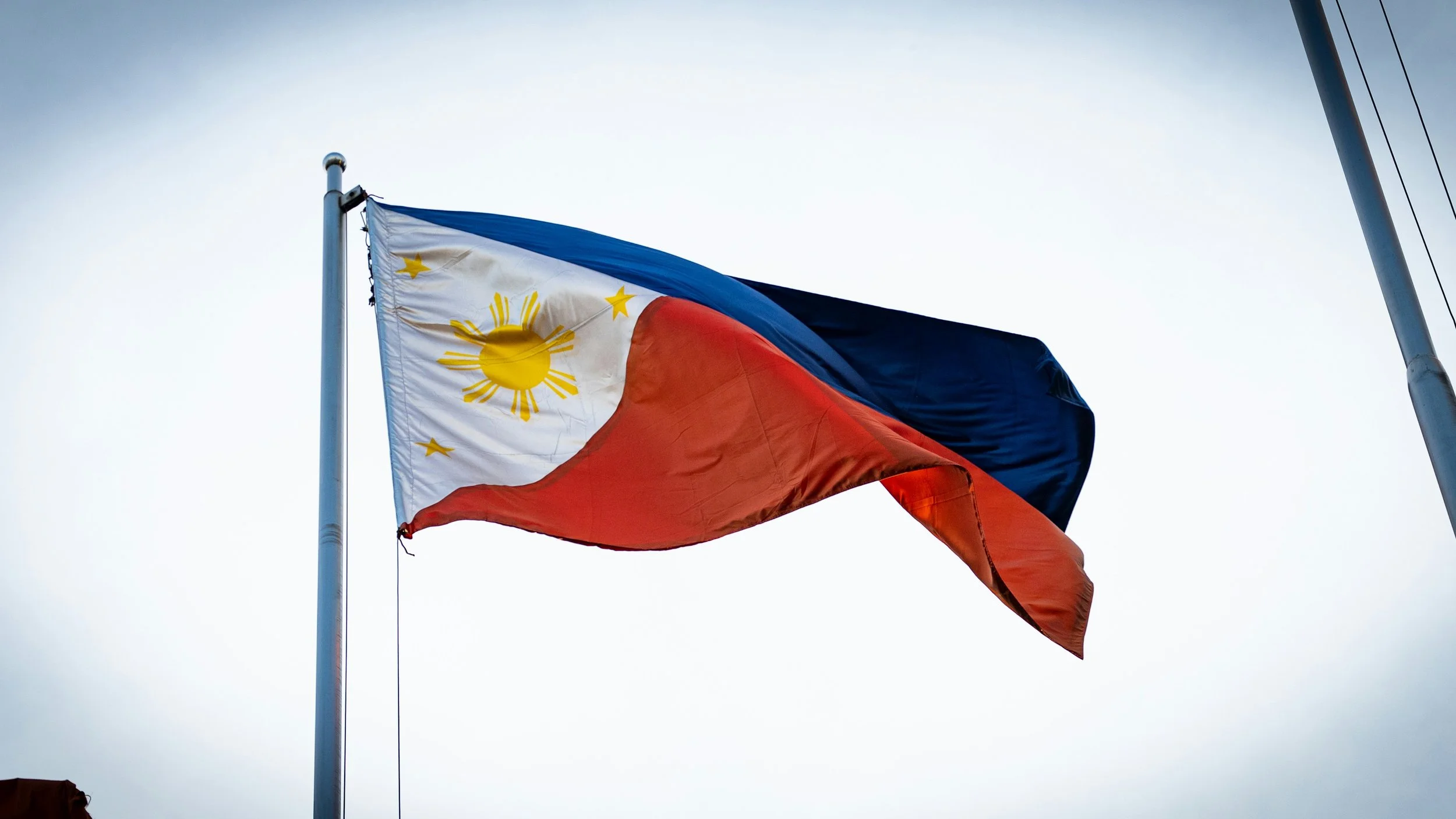The Philippines Unveils New Carbon Credit Policy
Overview
The Philippine Department of Energy (DOE) has announced a transformative Carbon Credit Policy aimed at unlocking both economic and environmental benefits for the country’s energy sector. The initiative is designed to reduce emissions, attract clean energy investments, and align with global climate commitments, particularly the Paris Agreement. With a public consultation underway, the DOE is rallying stakeholders to shape a transparent and inclusive framework that could redefine how carbon credits are generated and traded in the Philippines.
Game-Changer for the Energy Sector
Undersecretary Felix William B. Fuentebella called the new Carbon Credit Policy a “game-changer,” emphasizing its potential to equip the energy sector with tools to manage carbon credits with integrity. The policy aims to ensure that every ton of reduced carbon dioxide is real and verifiable, building trust and unlocking investment in effective climate solutions.
Key goals of the policy include:
Guiding energy stakeholders, especially the private sector, in leveraging carbon credits.
Preparing the sector for future carbon market mechanisms.
Promoting transparency and accountability through clear rules for carbon credit generation and trading.
Ensuring environmental integrity by supporting projects that genuinely reduce emissions.
Aligning with the Philippines’ climate commitments under the Paris Agreement, which seeks to limit global temperature rise to below 2°C, with efforts to cap it at 1.5°C.
Collaboration as a Core Principle
To ensure the policy reflects diverse perspectives and practical realities, the DOE is convening a public consultation on August 19, 2025. This session will gather around 120 representatives from across the energy value chain to:
Provide feedback on the draft Department Circular.
Clarify institutional roles and implementation mechanisms.
Promote awareness and readiness for participation in carbon markets.
Strengthen coordination among government agencies, private sector players, civil society, and development partners.
This collaborative approach signals the DOE’s commitment to inclusive policy development that balances environmental goals with economic opportunity.
Regional Momentum
The policy builds on regional momentum, including a Memorandum of Understanding signed in August 2024 between the Philippines and Singapore. This agreement supports collaboration on carbon credits under Article 6 of the Paris Agreement, further positioning the Philippines as a proactive player in the global carbon market.
ESG Implications
For ESG-focused investors and sustainability advocates, the DOE’s Carbon Credit Policy represents a significant step forward. It not only creates a structured pathway for emissions reduction but also fosters a more transparent and accountable energy sector. By incentivizing clean energy projects and aligning with international climate frameworks, the policy could catalyze a new wave of green investment in the Philippines.

